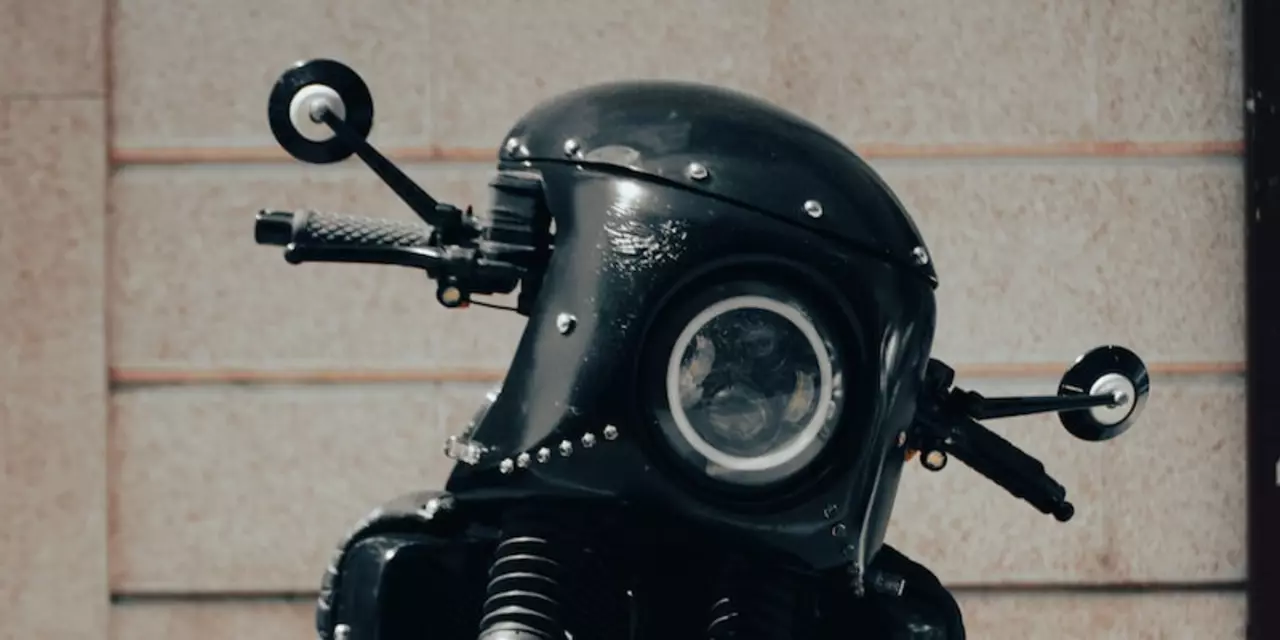Why aren't radio communication allowed in MotoGP?
 Feb, 17 2023
Feb, 17 2023
The restrictions on radio communication in MotoGP have had a major impact on the sport. Radio communication has been used in many other motorsports for years, but MotoGP has opted to keep it out. The reasoning behind this decision is that it could potentially give competitors an unfair advantage by allowing them to receive tactical advice from their teams. Without radio communication, drivers must rely on their own skills and intuition to make split-second decisions while on the track.
The lack of radio communication has been a major source of debate in the MotoGP community. Some argue that it puts drivers at a disadvantage, as they are unable to receive any kind of real-time advice from their teams. Others believe that it encourages drivers to think for themselves and make decisions autonomously. It also adds an additional layer of excitement and unpredictability to the sport.
The impact of the radio communication restrictions has been wide-ranging. It has forced teams and drivers to rethink their strategies and come up with new ways of communicating on the track. It has also forced drivers to be more aware of their surroundings and think more strategically about their race. Ultimately, it has made MotoGP a more exciting and unpredictable sport.
The restrictions on radio communication in MotoGP may be controversial, but they have had a positive effect on the sport. It has forced drivers to be more creative, strategic, and autonomous on the track. It has also made the sport more exciting and unpredictable. Ultimately, it is up to each individual to decide if the restrictions are beneficial or detrimental to the sport.
The Grand Prix motorcycle racing series, MotoGP, is one of the most exciting sports in the world. However, it is also one of the few sports that does not allow its riders to communicate with their teams via radio. While this may seem odd to some, there are very specific reasons why the use of radio communication in MotoGP racing is not allowed.
The primary reason why MotoGP does not allow radio communication is that it would create an unfair advantage for the teams and riders. Radio communication allows teams to provide riders with detailed instructions regarding their strategies, and this could give teams an advantage over their competitors. Additionally, radio communication could be used to give riders technical information about their bikes and the race track, which would give certain teams an edge over the competition.
Another reason why MotoGP does not allow radio communication is that it would be too distracting for the riders. MotoGP racing is a very intense sport, and the riders need to be focused on the task at hand. Allowing the riders to communicate with their teams via radio would be a distraction and could lead to mistakes and errors on the track.
Lastly, radio communication would also create a lot of extra noise on the track, which could be disruptive and distracting to the other riders. The sound of radios can be loud and can interfere with the riders’ concentration, which could lead to dangerous situations on the track.
For these reasons, MotoGP does not allow radio communication and instead relies on hand signals and flags from the teams to communicate with their riders. While this may seem strange to some, it is a necessary safety precaution and ensures that all teams have an equal opportunity to compete in the series.